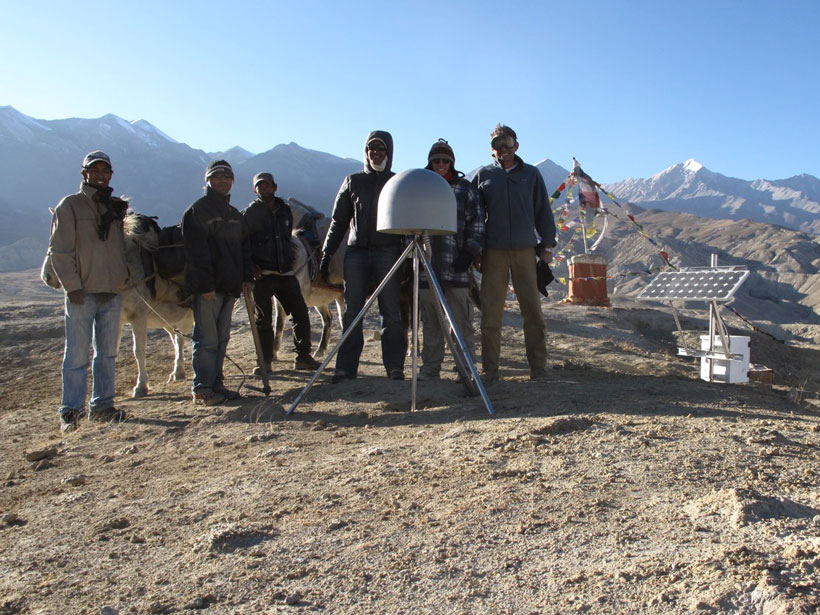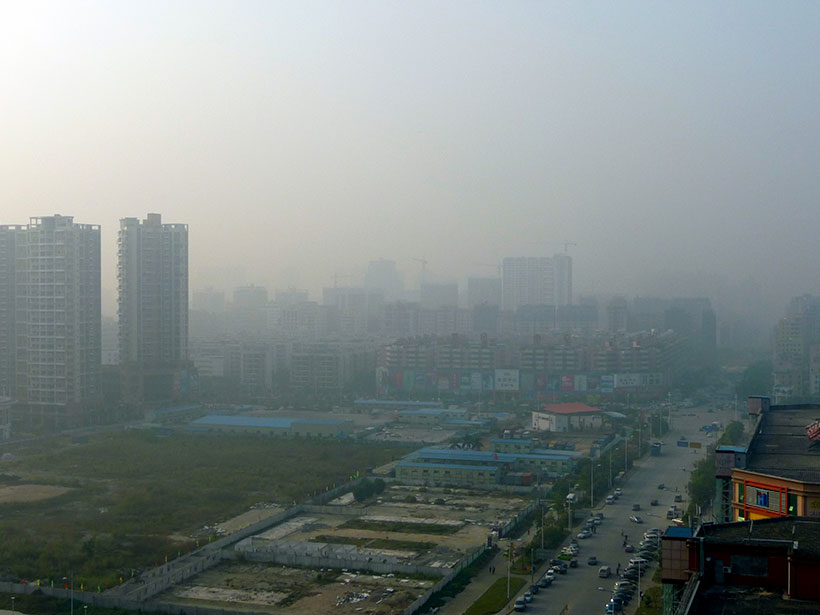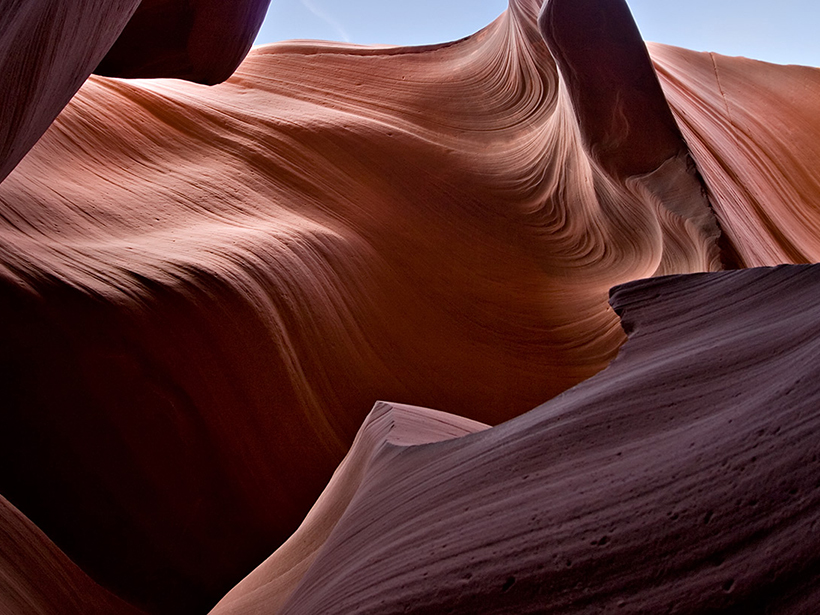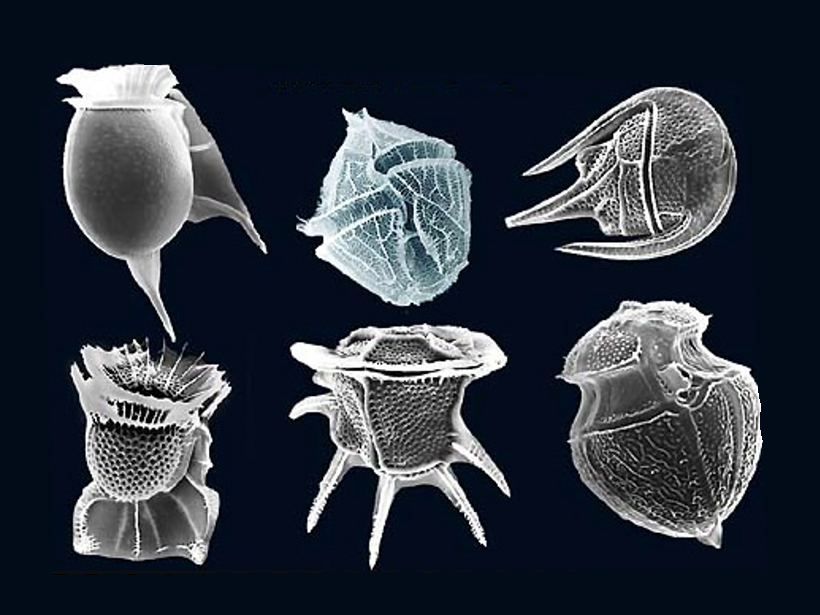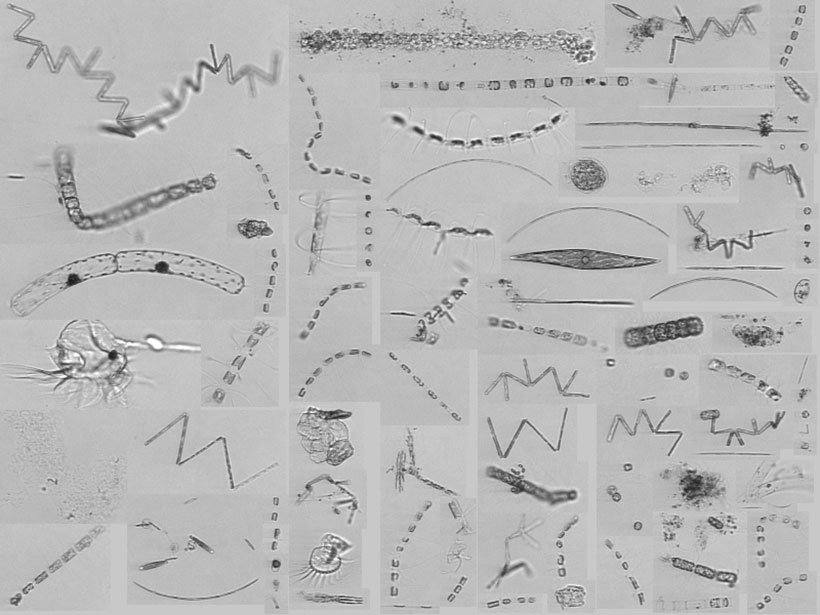Researcher has the “coolest job” studying solid Earth and climate.
Kate Wheeling
Kate Wheeling is a freelance journalist based in Santa Barbara, Calif. She writes about the environment, climate change, energy, and our relationship with the natural world. She was previously a staff writer at Pacific Standard, covering both environmental and criminal justice. Her work has also appeared in Outside, The New Republic, Medium, and elsewhere. She has a master’s degree in science journalism and a bachelor’s in behavioral neuroscience.
The Health and Climate Benefits of Reducing Air Pollution
In a new study, researchers apply a global Earth system model to estimate the impacts of emissions reductions by sector.
La primera mirada de la meteorización a escala angstrom
Investigadores observan cómo el vapor de agua y el líquido alteran las rocas sedimentarias a través de procesos físicos y químicos.
Volcanic Tremor and Deformation at Kīlauea
Two new studies investigate activity at Hawaii’s Kīlauea leading up to and following the 2018 eruption to better understand the volcano’s plumbing and behavior.
Scientists Uncover the Seasonality of COVID-19
Researchers identify the environmental variables driving the seasonality of the novel coronavirus.
El papel del fitoplancton de tamaño medio en la bomba biológica de la Tierra
Una nueva investigación revela que el nanoplancton podría tener una mayor influencia en el ciclo del carbono de lo que se pensaba.
Monitoring the Agulhas Current Through Maritime Traffic
Researchers turn to the shipping industry for data on ocean surface currents.
Las brechas en las redes ambientales en América Latina
A pesar de su notable influencia en los ciclos globales del carbono y el agua, América Latina representa una proporción relativamente pequeña de sitios FLUXNET, lo que limita la representatividad de la red en la región.
Gulf Stream Intrusions Feed Diatom Hot Spots
Previous research suggested that the intrusion of low-nutrient Gulf Stream water into the Mid-Atlantic Bight would reduce productivity, but a new study finds that it can also lead to chlorophyll hot spots.
A Deep Dive into Organic Carbon Distribution in Hadal Trenches
Researchers use sediment cores to study the amount and origin of sediment organic carbon in one of the least studied regions of the planet: hadal trenches.

